Home>Articles>How Long Will Vacuum Sealed Meat Last In The Freezer
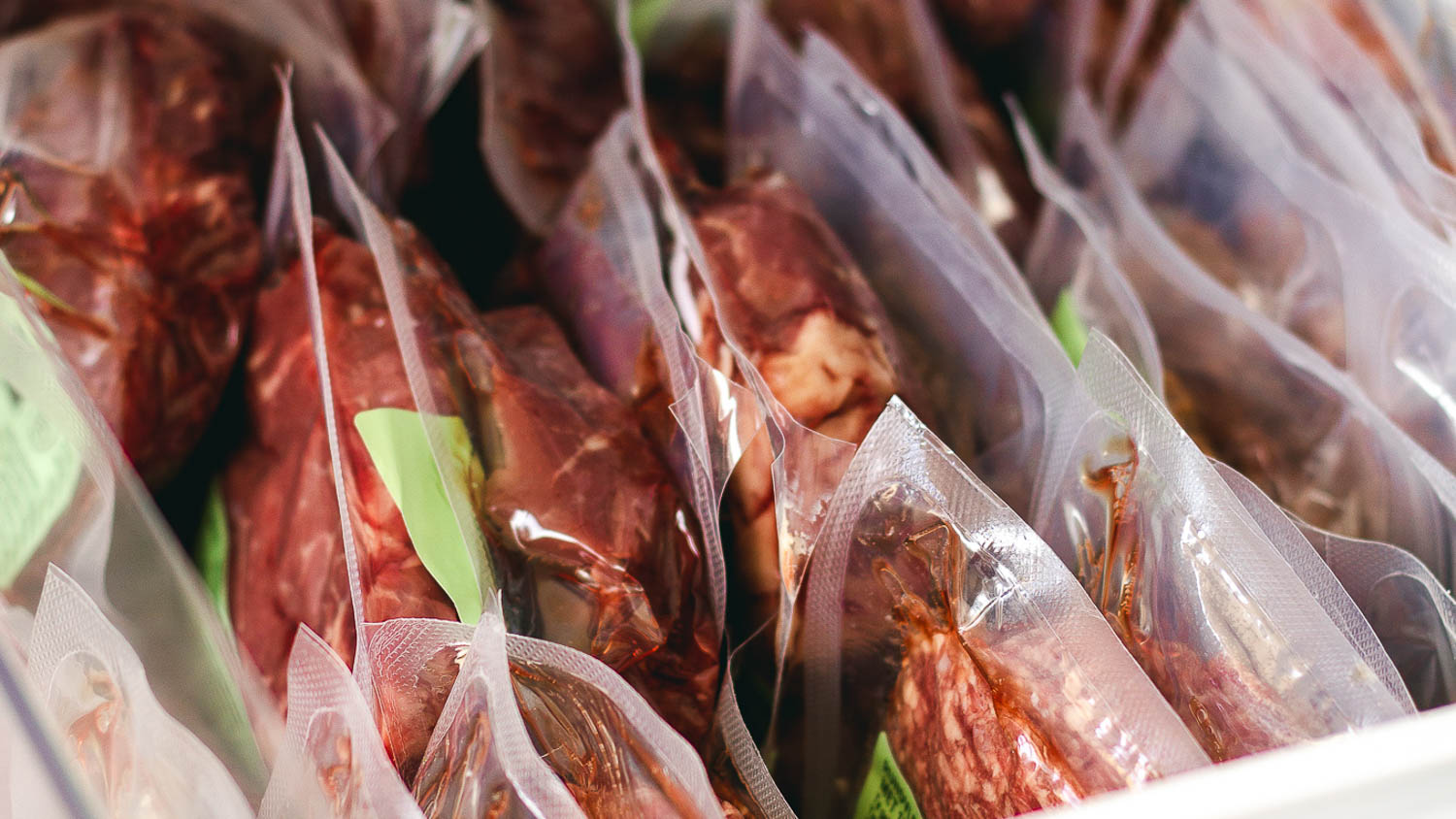

Articles
How Long Will Vacuum Sealed Meat Last In The Freezer
Modified: May 6, 2024
Discover articles on how long vacuum sealed meat can last in the freezer. Explore tips for preserving freshness and maximizing storage.
(Many of the links in this article redirect to a specific reviewed product. Your purchase of these products through affiliate links helps to generate commission for Storables.com, at no extra cost. Learn more)
Introduction
When it comes to preserving the freshness and quality of meat, vacuum sealing has become a popular technique among home cooks and food enthusiasts. By removing air from the packaging, vacuum sealing creates a tight seal around the meat, preventing the growth of bacteria and prolonging its shelf life. But how long can vacuum sealed meat last in the freezer?
Understanding the ins and outs of vacuum sealing is essential to ensure that your meat stays fresh and safe to consume. In this article, we will explore the benefits of vacuum sealing meat, the factors that affect its shelf life, the recommended storage time for different types of meat, as well as some tips for properly freezing and thawing vacuum-sealed meat. Let’s dive in!
Key Takeaways:
- Vacuum sealing meat extends shelf life, preserves freshness, and prevents freezer burn. Proper storage, handling, and thawing are crucial for maximizing the benefits of vacuum sealing.
- Understanding factors affecting shelf life, recommended storage times, and signs of spoilage ensures safe and enjoyable consumption of vacuum-sealed meat. Prioritize proper freezing and thawing techniques for optimal results.
Understanding Vacuum Sealing
Vacuum sealing is the process of removing air from a package before sealing it, creating a vacuum within the packaging material. This technique is commonly used for preserving food, particularly meat, as it helps to inhibit the growth of bacteria and slows down the process of spoilage.
When meat is vacuum sealed, it is placed inside a specially designed plastic bag or pouch. The air is then vacuumed out using a vacuum sealer machine, which sucks out the air and creates a tight seal around the meat. This airtight packaging prevents any oxygen from entering, which is crucial as oxygen can lead to oxidation and degradation of the meat.
By removing the air, vacuum sealing also eliminates the potential for freezer burn. Freezer burn occurs when moisture in the meat evaporates and crystallizes, forming ice crystals on the surface of the meat. This can lead to a tough, dry, and off-flavored texture.
Not only does vacuum sealing provide a barrier against air and moisture, but it also helps to retain the natural juices and flavors of the meat. Without air, the aromas and flavors of the meat are preserved, resulting in a more enjoyable culinary experience.
It is important to note that vacuum sealing is not limited to just raw meat. Cooked meats, such as leftovers or meal-prepped items, can also benefit from vacuum sealing. By properly sealing and storing cooked meat, you can extend its shelf life and maintain its taste and quality.
Overall, vacuum sealing is an effective method for preserving meat, keeping it fresh and flavorful for an extended period of time. Understanding the benefits of this technique is crucial for maximizing efficiency in your kitchen and ensuring that your meat is safe and delicious.
Benefits of Vacuum Sealing Meat
Vacuum sealing meat offers numerous benefits that make it a preferred method of preserving and storing meat. Let’s explore some of the key advantages:
- Extended Shelf Life: Vacuum sealing significantly extends the shelf life of meat. By removing air and creating an airtight seal, vacuum-sealed meat can last up to three to five times longer in the freezer compared to conventional storage methods.
- Preservation of Freshness: The airtight seal of vacuum-sealed meat prevents the growth of bacteria and reduces the risk of spoilage. This helps to maintain the freshness, flavor, and texture of the meat for an extended period.
- No Freezer Burn: Vacuum-sealed meat is protected from freezer burn, which occurs when moisture evaporates from the surface of the meat, leading to dehydration. As a result, the meat retains its moisture and remains tender and juicy.
- Prevents Cross-Contamination: Vacuum-sealed packaging acts as a barrier, preventing the transfer of flavors and odors between different foods in the freezer. This helps to maintain the integrity and taste of each individual item.
- Efficient Storage: Vacuum-sealed meat takes up less space in the freezer due to its compact packaging. This allows for better organization and optimization of storage space, especially for those with limited freezer space.
- Cost Savings: Vacuum sealing meat can help reduce food waste and save money in the long run. By extending the shelf life of meat, you can prevent it from spoiling and avoid the need for frequent grocery shopping.
- Convenient Meal Planning: Vacuum-sealed meat can be pre-portioned and stored in individual packages, making meal planning and preparation more efficient. It allows you to easily defrost and use only the amount of meat needed for each meal, reducing waste and saving time.
With these numerous benefits, it’s no wonder why vacuum sealing meat has gained popularity among home cooks and professional chefs alike. It is an effective method for preserving the quality and freshness of meat while providing convenience and cost savings in the kitchen.
Factors Affecting the Shelf Life of Vacuum Sealed Meat
While vacuum sealing can significantly extend the shelf life of meat, certain factors can still impact its longevity. It is important to understand these factors to ensure that your vacuum-sealed meat stays fresh and safe to consume. Here are some key factors that can affect the shelf life of vacuum sealed meat:
- Temperature: The temperature at which the vacuum-sealed meat is stored plays a crucial role in determining its shelf life. It is recommended to store vacuum-sealed meat in a freezer at 0°F (-18°C) or below. Freezing the meat at lower temperatures helps to inhibit bacterial growth and maintain its quality for a longer period of time.
- Quality of Meat: The initial quality and freshness of the meat before vacuum sealing can impact its shelf life. It is important to select fresh, high-quality meat and properly handle and store it before vacuum sealing to ensure the best results.
- Seal Integrity: The effectiveness of the vacuum seal is crucial in preserving the meat. If air leaks into the packaging over time, it can lead to freezer burn and potentially spoil the meat. Ensure that the vacuum seal is intact and airtight to prolong the shelf life of the meat.
- Type of Meat: Different types of meat have varying shelf lives when vacuum-sealed. Some meats, such as beef, lamb, and pork, can last longer compared to more delicate meats like poultry and fish. It is important to consider the specific recommended storage times for each type of meat.
- Storage Time: Even with vacuum sealing, there is a limit to how long meat can be stored in the freezer. Over time, the quality and flavor of the meat may gradually deteriorate. It is recommended to consume vacuum-sealed meat within a certain timeframe for the best results.
- Proper Handling: Proper handling of vacuum-sealed meat is essential to avoid contamination and ensure its longevity. Always wash your hands before handling the meat and avoid cross-contamination by using clean utensils and surfaces. Additionally, avoid exposing the vacuum-sealed meat to extreme temperature fluctuations during storage.
By considering these factors and implementing proper handling and storage practices, you can maximize the shelf life of vacuum-sealed meat and enjoy its freshness and quality for an extended period of time.
Recommended Storage Time for Different Types of Meat
The recommended storage time for vacuum-sealed meat varies depending on the type of meat. It is important to note that these recommendations are general guidelines, and factors such as temperature, quality, and proper handling can influence the actual shelf life. Here are the recommended storage times for different types of meat:
Beef:
- Ground beef: Vacuum-sealed ground beef can be stored in the freezer for 3 to 4 months.
- Steaks and roasts: Vacuum-sealed steaks and roasts can be stored in the freezer for 6 to 12 months.
Pork:
- Ground pork: Vacuum-sealed ground pork can be stored in the freezer for 3 to 4 months.
- Pork chops and roasts: Vacuum-sealed pork chops and roasts can be stored in the freezer for 4 to 6 months.
Poultry:
- Chicken breasts: Vacuum-sealed chicken breasts can be stored in the freezer for 9 to 12 months.
- Whole chicken and turkey: Vacuum-sealed whole chicken and turkey can be stored in the freezer for 12 months or longer.
Fish:
- Fatty fish (salmon, mackerel, etc.): Vacuum-sealed fatty fish can be stored in the freezer for 2 to 3 months.
- Lean fish (cod, sole, etc.): Vacuum-sealed lean fish can be stored in the freezer for 6 months.
It’s important to label each vacuum-sealed package with the date of freezing to keep track of storage time. Additionally, remember that these are general recommendations, and it’s crucial to use your judgment and consider the quality and condition of the meat before consuming.
Always check the appearance, smell, and texture of the meat before cooking. If the meat appears discolored, has an off-putting odor, or feels slimy, it may be an indication of spoilage, and it’s best to discard it.
By following these recommended storage times and proper handling practices, you can maximize the freshness and quality of vacuum-sealed meat for a delightful culinary experience.
Vacuum sealed meat can last in the freezer for 2-3 years without significant loss of quality. Make sure to label and date the packages for easy tracking.
Tips for Properly Freezing Vacuum Sealed Meat
Properly freezing vacuum-sealed meat is essential to maintain its quality and prevent spoilage. Follow these tips to ensure that your vacuum-sealed meat stays fresh and safe for an extended period:
- Pre-Freeze if Necessary: If you plan to freeze items that are moist or have a high water content, such as marinated meat or fruits, consider pre-freezing them on a tray before vacuum sealing. This helps prevent the liquid from being sucked into the vacuum sealer, ensuring a proper seal.
- Use High-Quality Vacuum Sealer Bags: Invest in durable, food-grade vacuum sealer bags that are specifically designed for freezing. These bags should be thick enough to withstand freezing temperatures without tearing or puncturing.
- Remove Excess Air: When vacuum sealing meat, make sure to remove as much air as possible from the bag. This ensures a tight seal and minimizes the risk of freezer burn. The less air present, the longer the meat will stay fresh.
- Properly Label the Packages: Always label each vacuum-sealed package with the contents and the date of freezing. This helps you keep track of storage times and ensures that you use the oldest items first, minimizing waste.
- Portion Meat for Convenient Usage: Consider portioning the meat before vacuum sealing it. This allows you to thaw and use only the amount needed for a particular meal, reducing waste. It’s also helpful to separate different cuts or types of meat into individual packages for easy meal planning.
- Freeze in Flat Layers: Lay vacuum-sealed meat packages flat in the freezer. This allows for faster freezing and makes it easier to stack and organize the packages. It also ensures even and efficient freezing, reducing the risk of freezer burn.
- Maintain Consistent Freezer Temperature: Set your freezer to a consistent temperature of 0°F (-18°C) or below. Fluctuating temperatures can compromise the quality and safety of the vacuum-sealed meat. Avoid opening the freezer unnecessarily to maintain a stable temperature.
- Avoid Overloading the Freezer: Be mindful not to overload the freezer with too much meat at once. Overcrowding can hinder proper air circulation and freezing, leading to uneven freezing and potential loss of quality. Allow enough space between packages for efficient airflow.
- Thaw Properly: When ready to use the vacuum-sealed meat, thaw it properly in the refrigerator. Avoid thawing at room temperature, as this promotes the growth of bacteria. Slow, controlled thawing in the refrigerator preserves the quality and safety of the meat.
By following these tips, you can ensure that your vacuum-sealed meat maintains its freshness, flavor, and quality throughout its storage in the freezer. Proper freezing techniques will not only prolong the shelf life of the meat but also provide you with delicious, high-quality meals whenever you need them.
Signs of Spoiled Vacuum Sealed Meat
While vacuum sealing can greatly extend the shelf life of meat, it is important to be aware of the signs that indicate spoilage. Here are some common signs that vacuum-sealed meat may be spoiled:
- Unpleasant Odor: One of the first signs of spoilage is a foul or off-putting odor. If the vacuum-sealed meat emits a strong, unpleasant smell, it is likely spoiled and should be discarded.
- Discoloration: If the color of the meat appears grayish, greenish, or has developed unusual spots or patches, it could be a sign of spoilage. Fresh meat should retain its natural color, so any discoloration is a cause for concern.
- Abnormal Texture: Spoiled meat may feel slimy, sticky, or excessively wet to the touch. Any changes in texture, such as a mushy or gritty consistency, can indicate that the meat has gone bad.
- Mold Growth: Mold growth is a clear sign of spoilage. If you notice any visible mold on the surface of the vacuum-sealed meat, it should be discarded immediately.
- Gas Production: If the vacuum-sealed package appears bloated or puffed up, it may be due to gas production within the packaging. This can be an indication that bacteria have multiplied, causing the meat to spoil.
- Off Taste: Pay attention to any strange or rancid flavors when consuming vacuum-sealed meat. If the taste is off or unpleasant, it is best to stop eating and discard the meat.
- Excessive Freezer Burn: While vacuum sealing helps prevent freezer burn, prolonged storage or damaged packaging may still result in freezer burn. If the meat is covered in ice crystals, has dry or discolored patches, or has a notable change in texture, it is likely affected by freezer burn and could be compromised.
It is important to emphasize that consuming spoiled meat can pose health risks. If you encounter any of these signs of spoilage, it is best to err on the side of caution and discard the meat. Always prioritize food safety to protect yourself and your loved ones.
By being vigilant and regularly inspecting the vacuum-sealed meat for any signs of spoilage, you can ensure that you are consuming fresh, high-quality meat that is safe for consumption.
Importance of Properly Thawing Vacuum Sealed Meat
Properly thawing vacuum-sealed meat is as crucial as correctly storing it. The method of thawing can impact the texture, taste, and safety of the meat. Here are some reasons why it is important to thaw vacuum-sealed meat properly:
- Preserving Texture and Quality: Thawing meat slowly in the refrigerator allows the ice crystals within the meat to gradually melt, preserving its texture and juiciness. Rapid thawing methods, such as using hot water or a microwave, can lead to partial cooking, resulting in a loss of tenderness and a change in flavor.
- Preventing Bacterial Growth: Proper thawing helps minimize the risk of bacterial growth. Bacteria thrive in warm temperatures, so thawing at room temperature can provide an opportunity for harmful bacteria to multiply. Thawing vacuum-sealed meat in the refrigerator ensures a controlled environment that inhibits bacterial growth.
- Ensuring Safe Consumption: Thawing meat at a controlled temperature ensures that it reaches a safe temperature for cooking. Partially thawed meat may have uneven cooking and could pose a health risk if consumed. By thawing meat properly, you can ensure that it reaches the appropriate internal temperature during cooking, eliminating any harmful bacteria.
- Maintaining Food Safety: Proper handling and thawing of vacuum-sealed meat are essential to maintain food safety standards. By following recommended thawing methods, you reduce the risk of cross-contamination and the spread of foodborne illnesses.
- Reducing Wastage: Thawing vacuum-sealed meat properly helps minimize wastage. If meat is thawed improperly and becomes partially cooked or develops an undesirable texture, it may need to be discarded, resulting in unnecessary food waste. Proper thawing ensures that the meat remains safe and enjoyable.
- Preserving Flavors: Slow, controlled thawing helps preserve the natural flavors of the meat. It allows the meat to retain its original taste and enhances the overall dining experience.
It is important to plan ahead when thawing vacuum-sealed meat. Thawing in the refrigerator can take several hours or even overnight, so proper meal planning is essential. If you are short on time, you can use the defrost setting on your microwave or submerge the vacuum-sealed meat in cold water, changing the water every 30 minutes to maintain a safe temperature.
Remember, thawed meat should not be refrozen unless it has been cooked thoroughly. Always cook vacuum-sealed meat immediately after thawing to ensure food safety.
By properly thawing vacuum-sealed meat, you can preserve its quality, flavors, and safety. Follow the recommended thawing methods, prioritize food safety, and enjoy delicious and wholesome meals.
Conclusion
Vacuum sealing is an excellent method for preserving the freshness, quality, and shelf life of meat. By removing air and creating an airtight seal, vacuum-sealed meat can last significantly longer in the freezer compared to conventional storage methods. Understanding the ins and outs of vacuum sealing is essential to ensure optimal results.
Throughout this article, we have explored the benefits of vacuum sealing meat, such as extended storage time, preservation of freshness, prevention of freezer burn, and cost savings. We have also discussed the various factors that can affect the shelf life of vacuum-sealed meat, including temperature, seal integrity, and the type of meat.
When vacuum sealing meat, it is crucial to follow recommended storage times for different types of meat, as well as proper freezing techniques. Portioning the meat, using high-quality vacuum sealer bags, and maintaining a consistent freezer temperature are just a few tips for ensuring the best results. Additionally, being aware of the signs of spoiled vacuum-sealed meat and properly thawing it are important for maintaining food safety and enjoying flavorful, high-quality meals.
Ultimately, vacuum sealing meat offers numerous benefits for home cooks and food enthusiasts. It allows for efficient meal planning, saves money by reducing food waste, and ensures that you always have fresh, flavorful meat on hand. By understanding the principles of vacuum sealing and implementing proper storage and thawing techniques, you can enjoy the convenience and longevity that this preservation method provides.
In conclusion, vacuum sealing is a valuable tool in the kitchen that allows you to extend the shelf life of meat while preserving its taste and quality. So, go ahead and invest in a reliable vacuum sealer, select your favorite cuts of meat, and experience the benefits of vacuum sealing firsthand. Enjoy delicious and tender meat whenever you desire, knowing that it has been properly stored and maintained for your enjoyment.
Curious about more ways to keep your meat fresh and tasty? Once you've mastered vacuum sealing, why not delve deeper into effective freezing techniques? Our next guide on meat storage offers practical advice to maximize longevity and flavor of your stored meats. Whether dealing with bulk purchases or leftovers, understanding these strategies ensures nothing goes to waste. So, let's keep that freezer organized and your meals delicious!
Frequently Asked Questions about How Long Will Vacuum Sealed Meat Last In The Freezer
Was this page helpful?
At Storables.com, we guarantee accurate and reliable information. Our content, validated by Expert Board Contributors, is crafted following stringent Editorial Policies. We're committed to providing you with well-researched, expert-backed insights for all your informational needs.
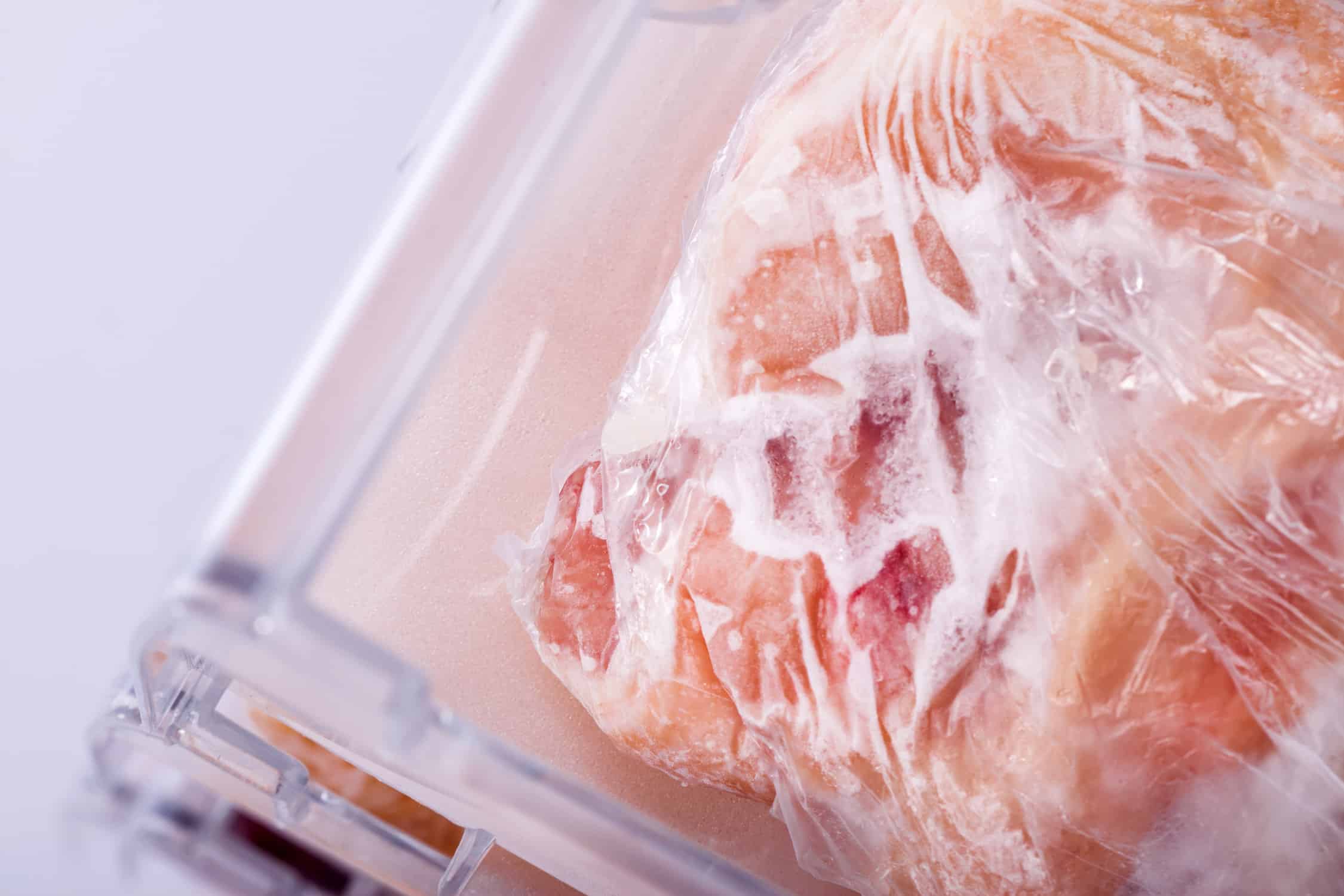
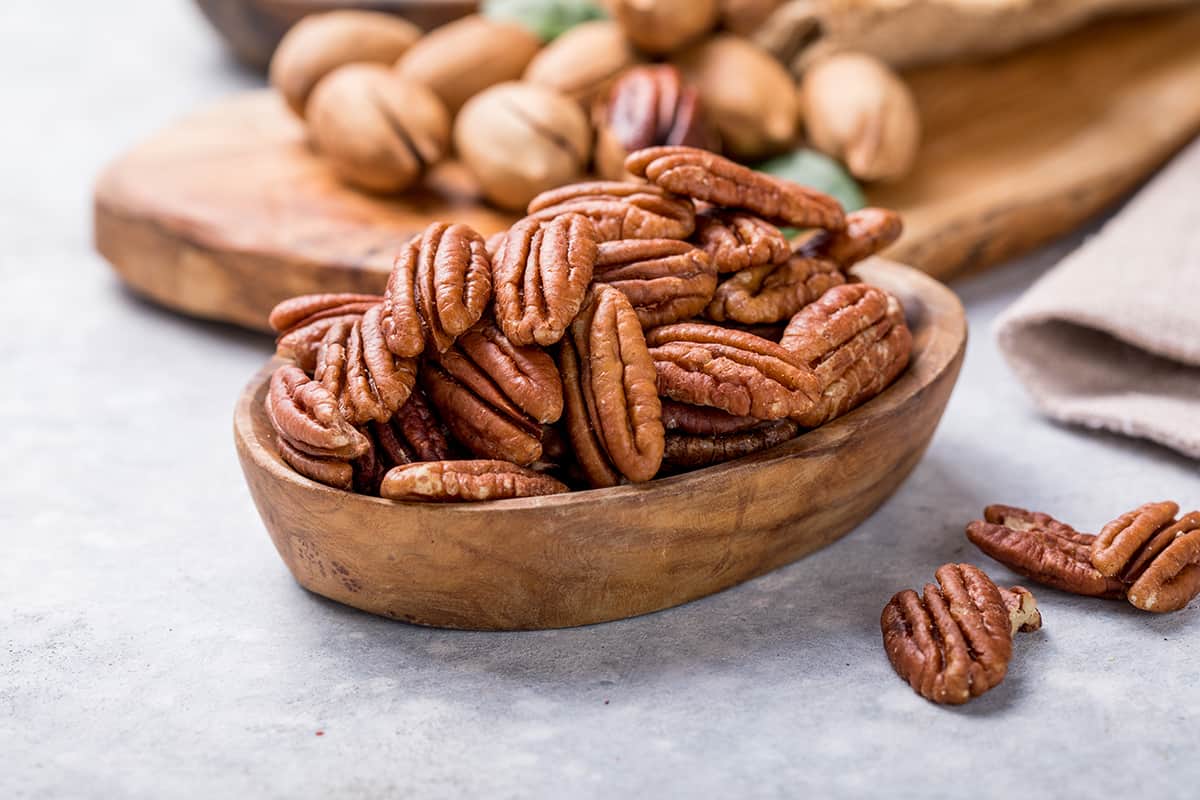
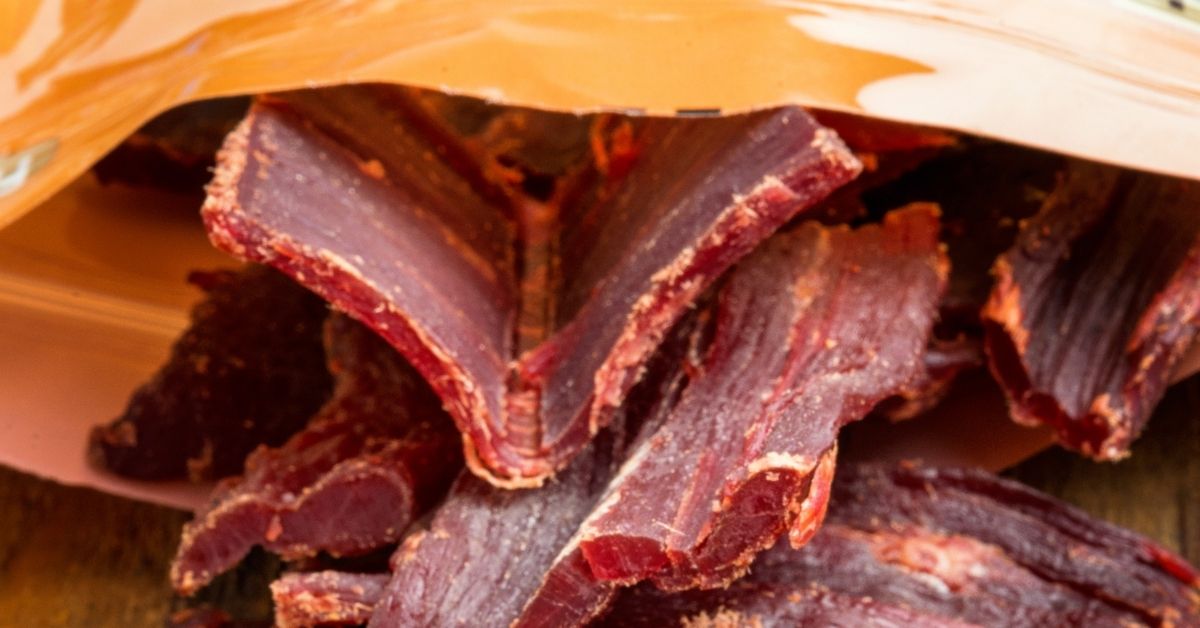
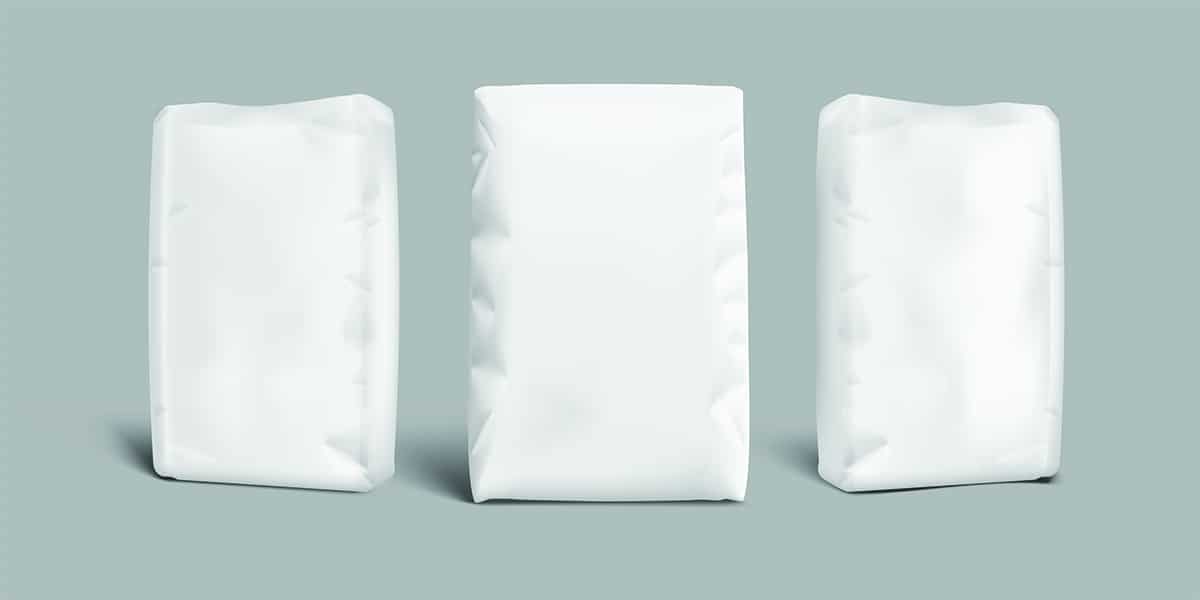
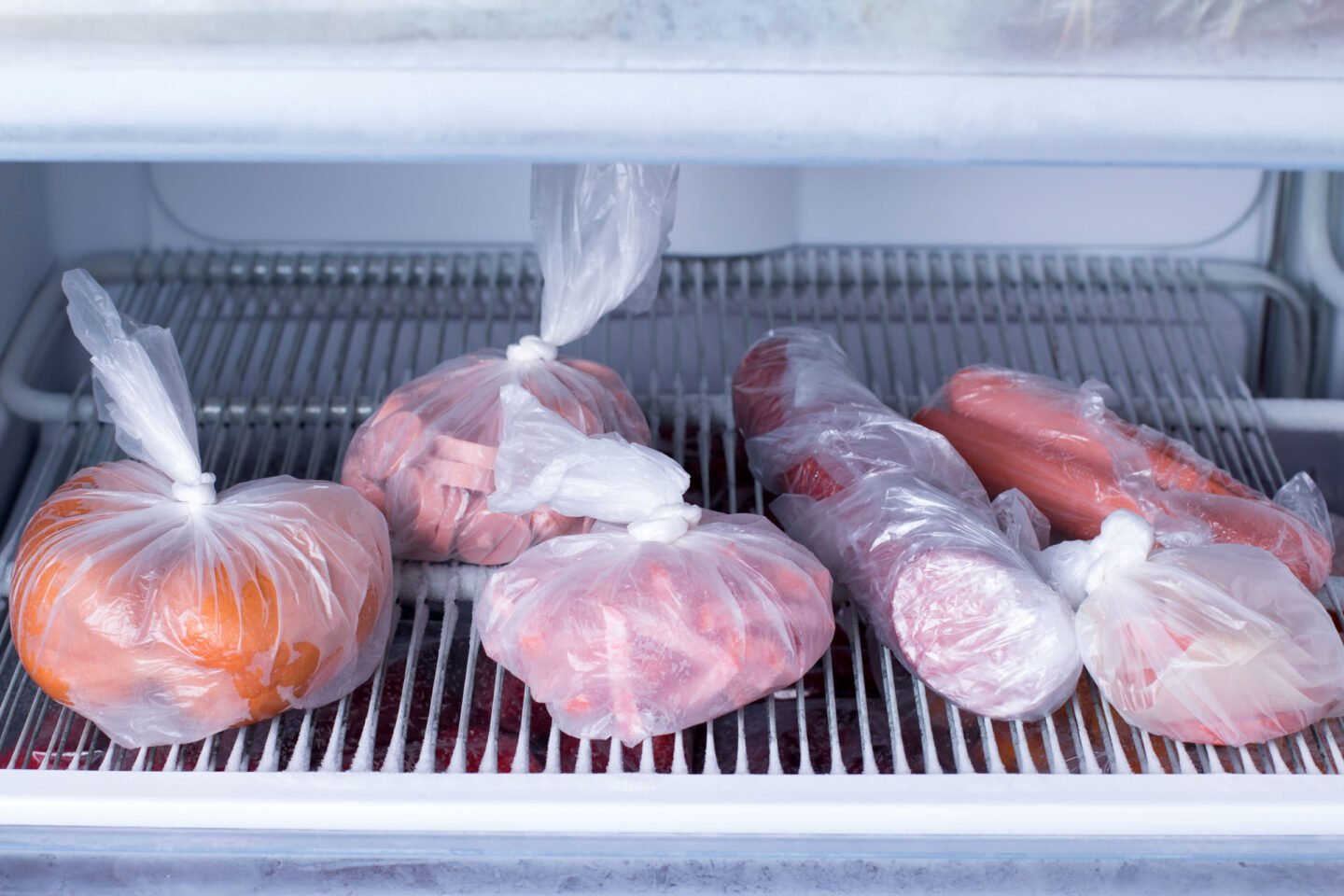
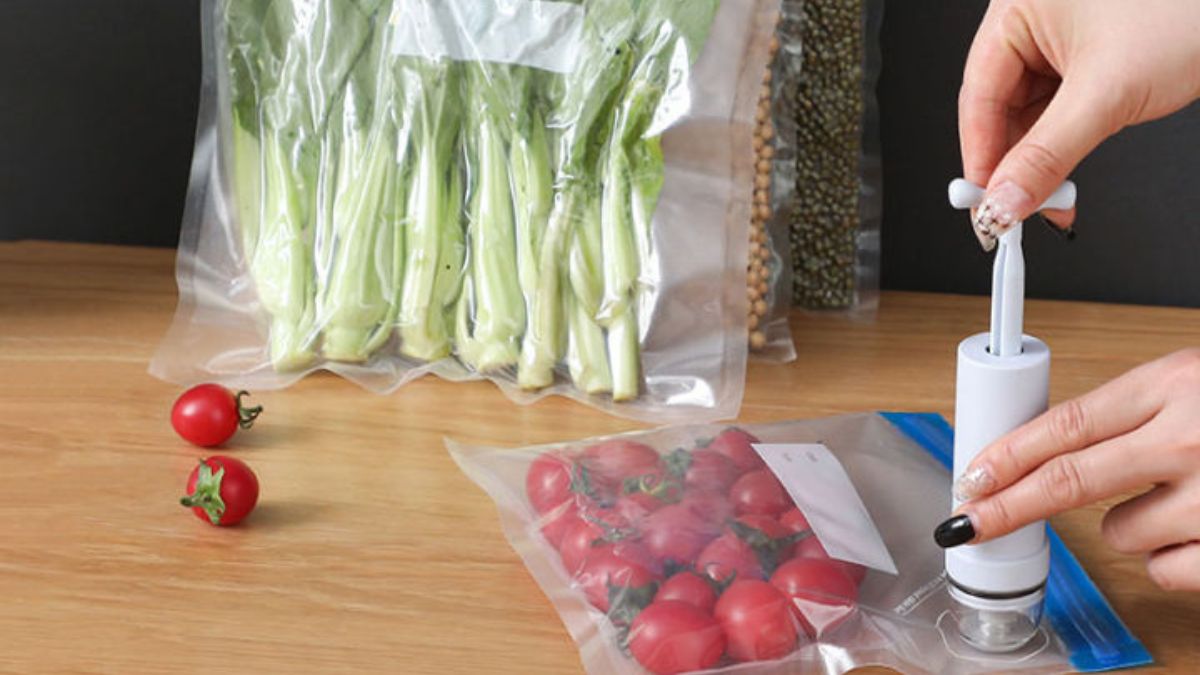
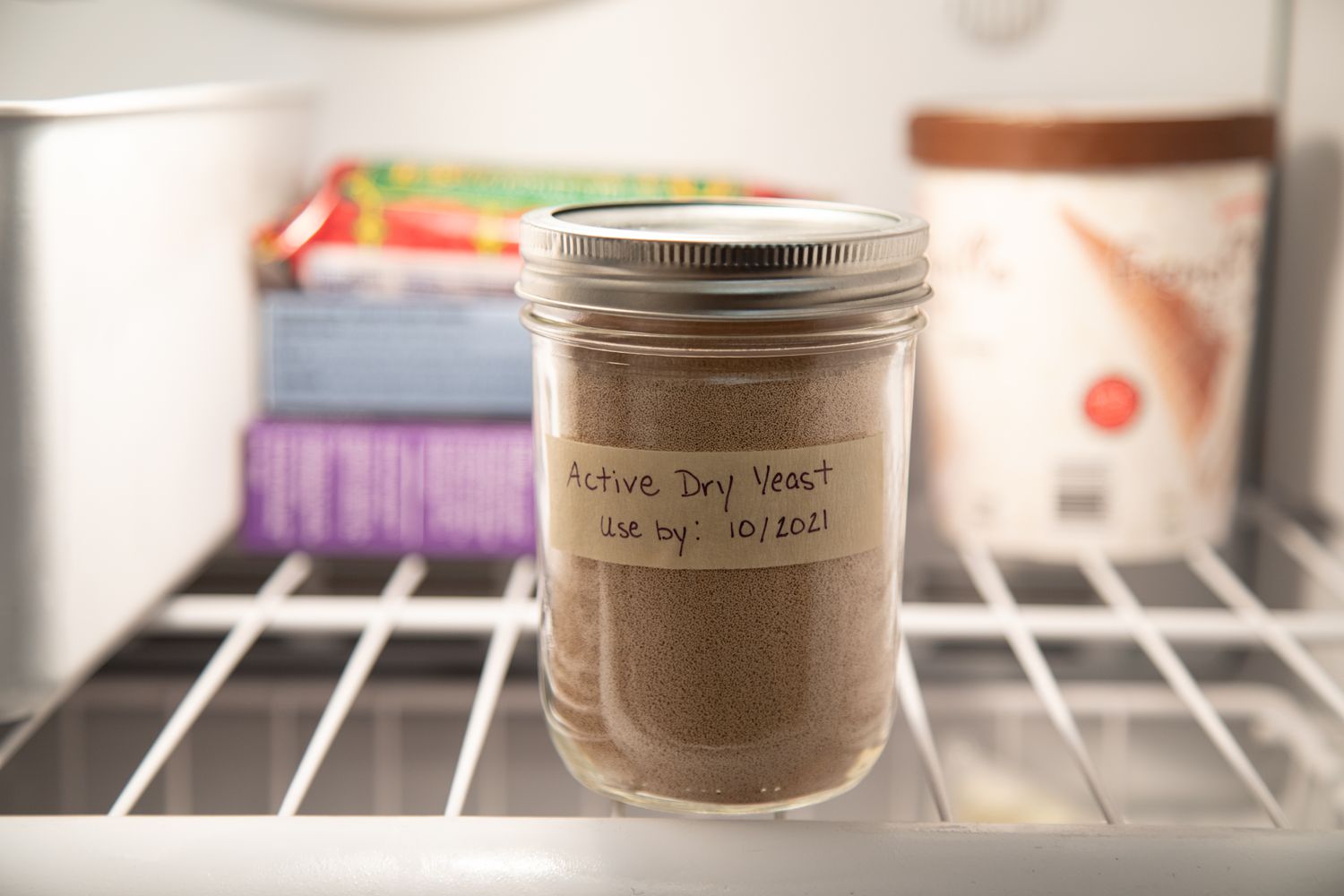
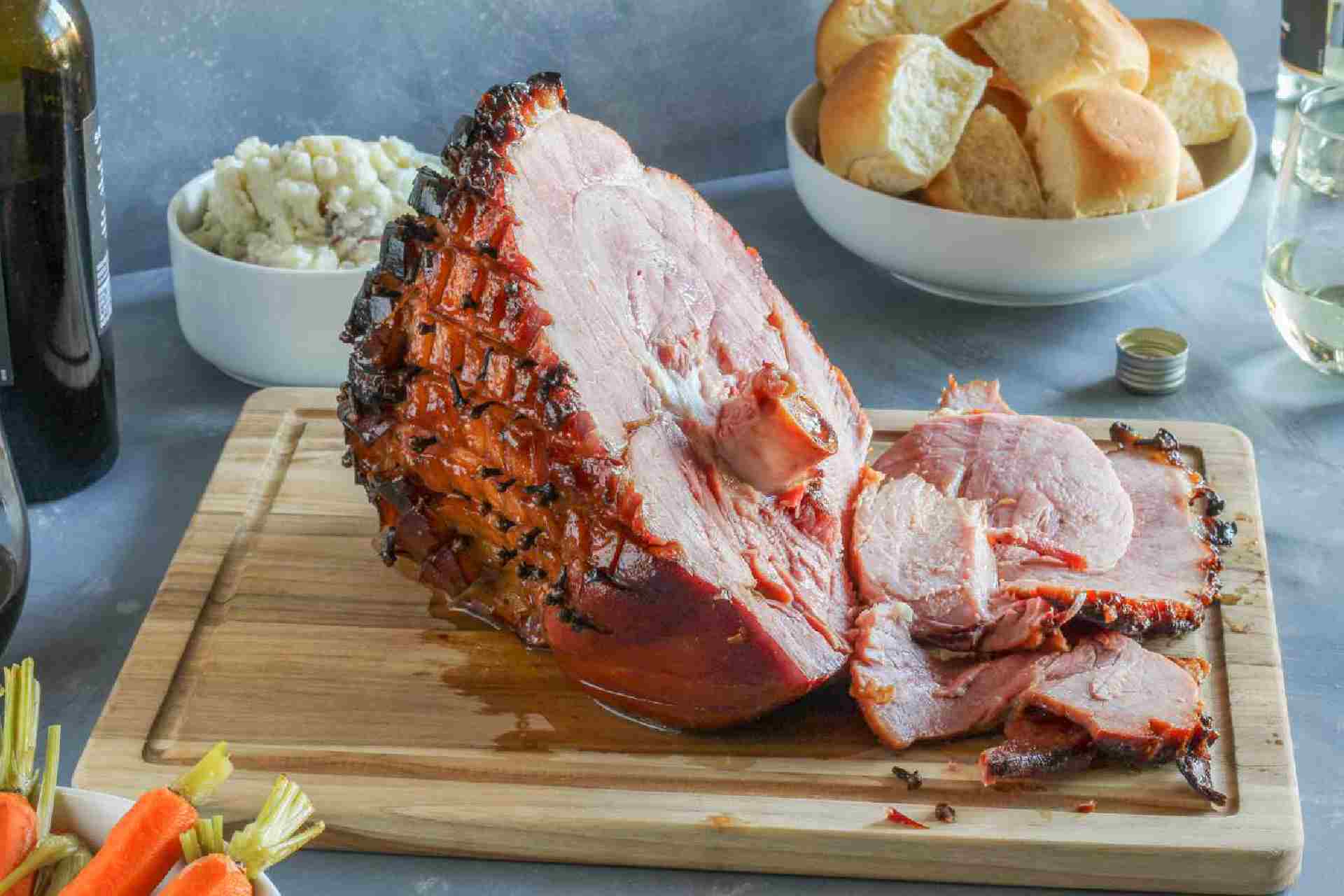
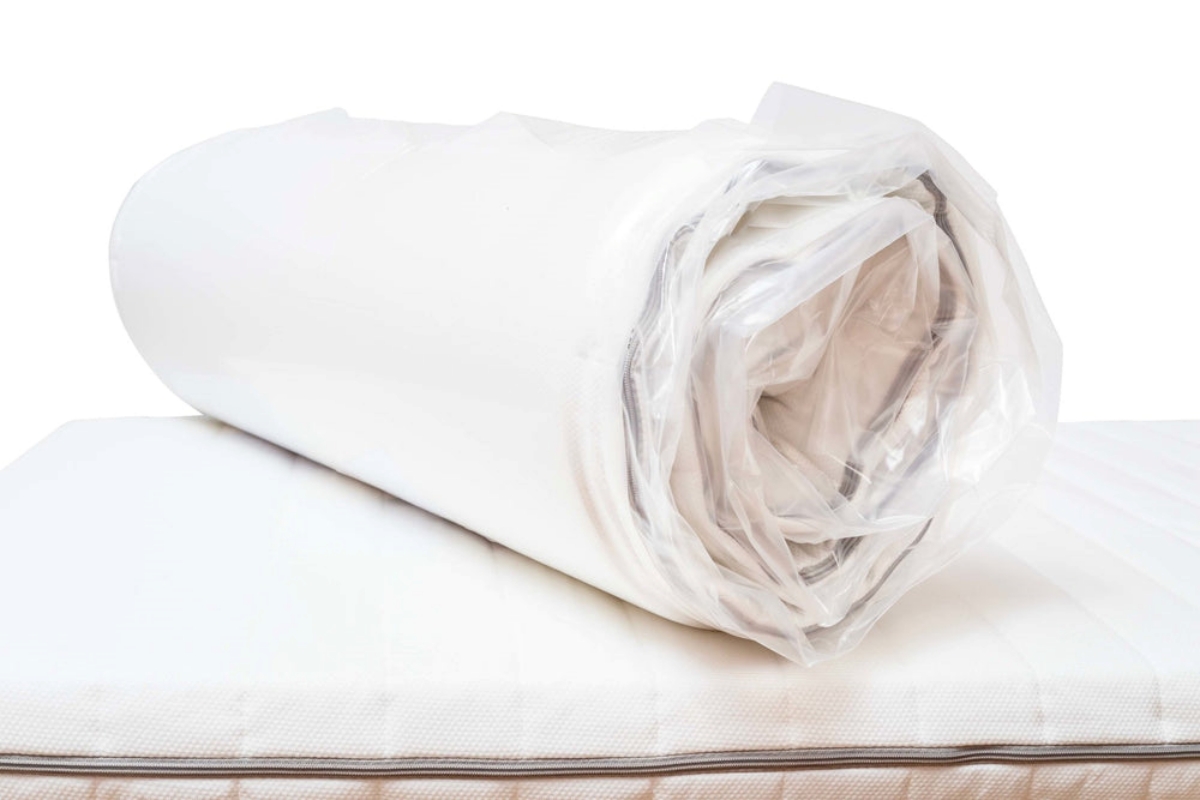
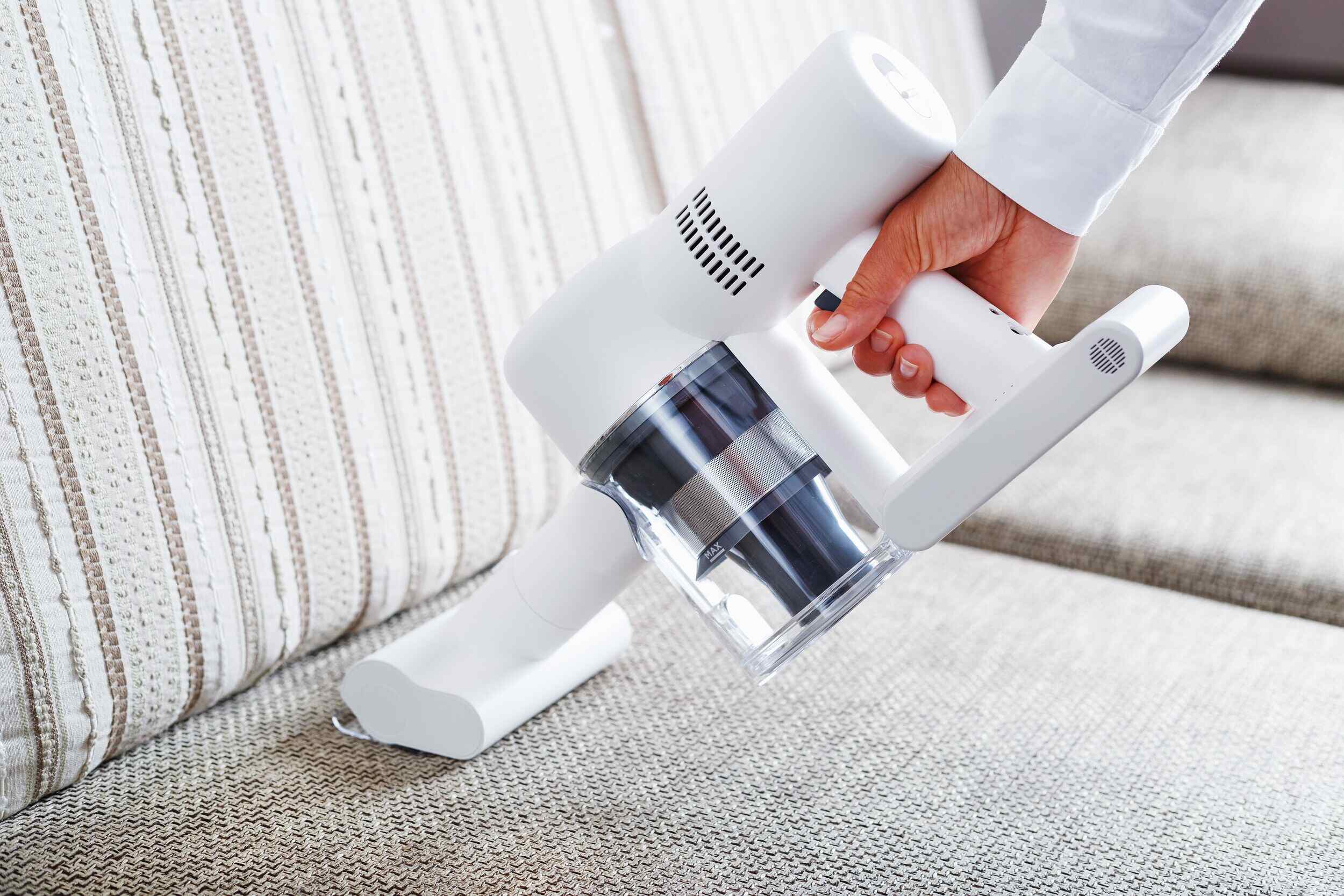
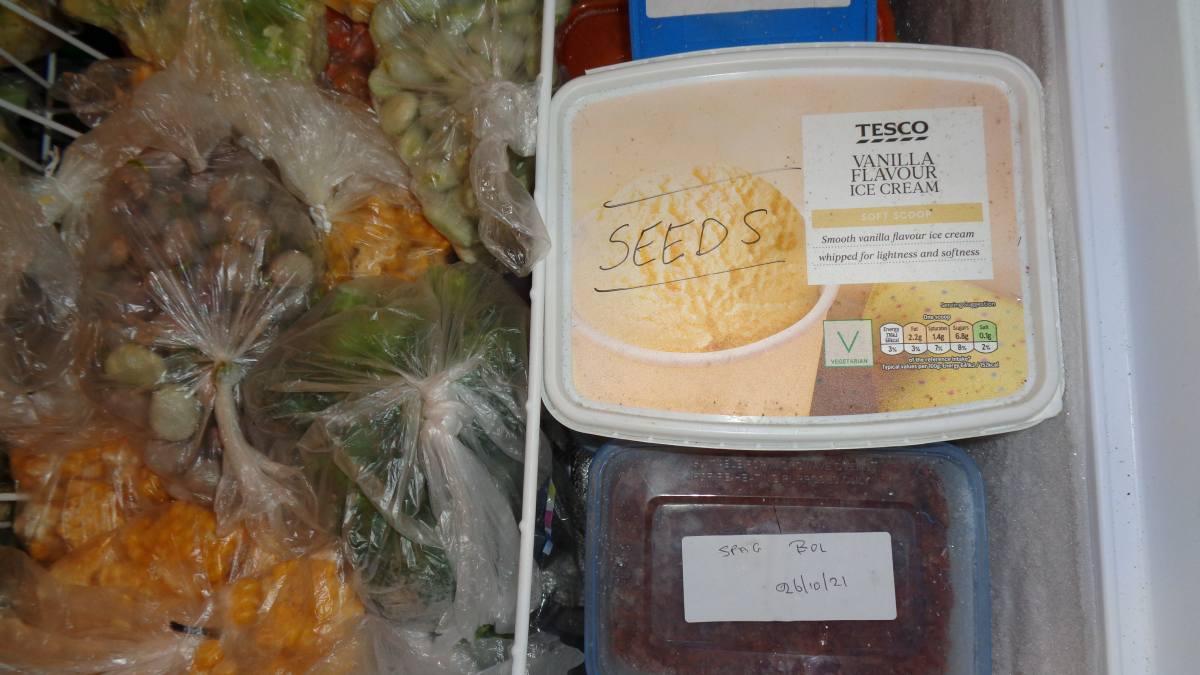
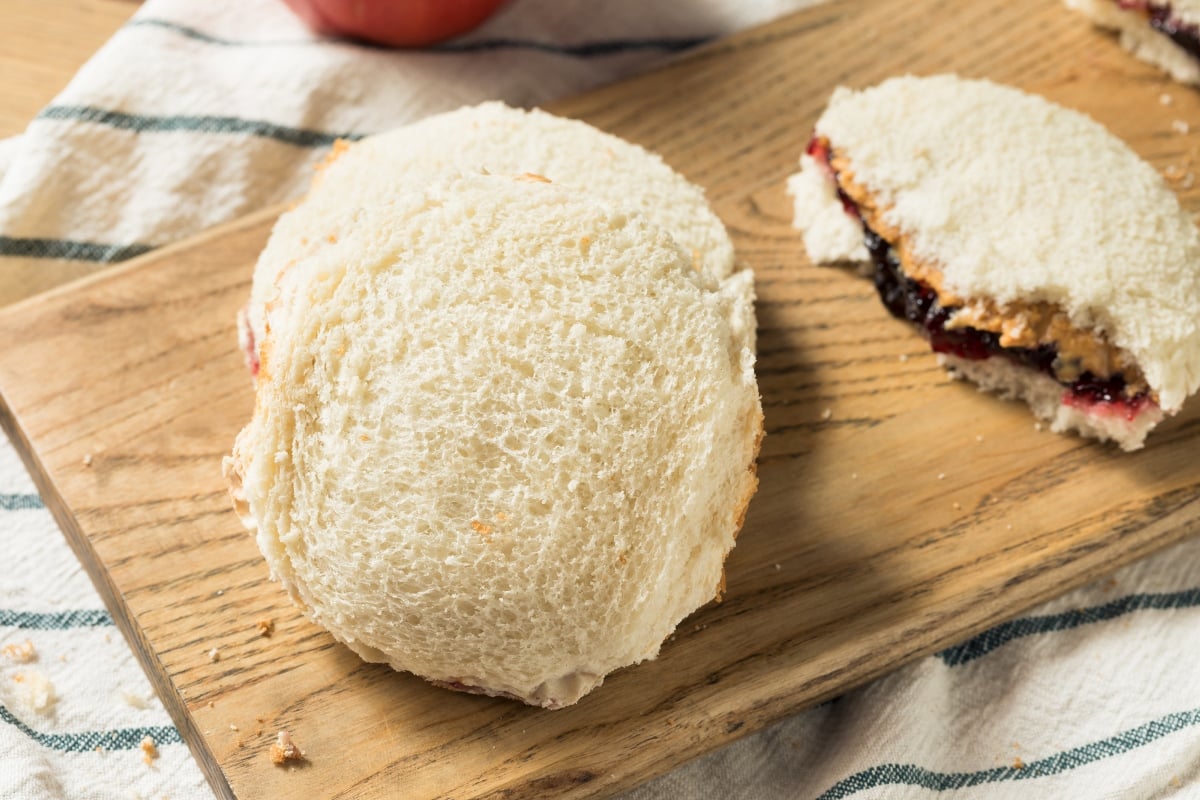
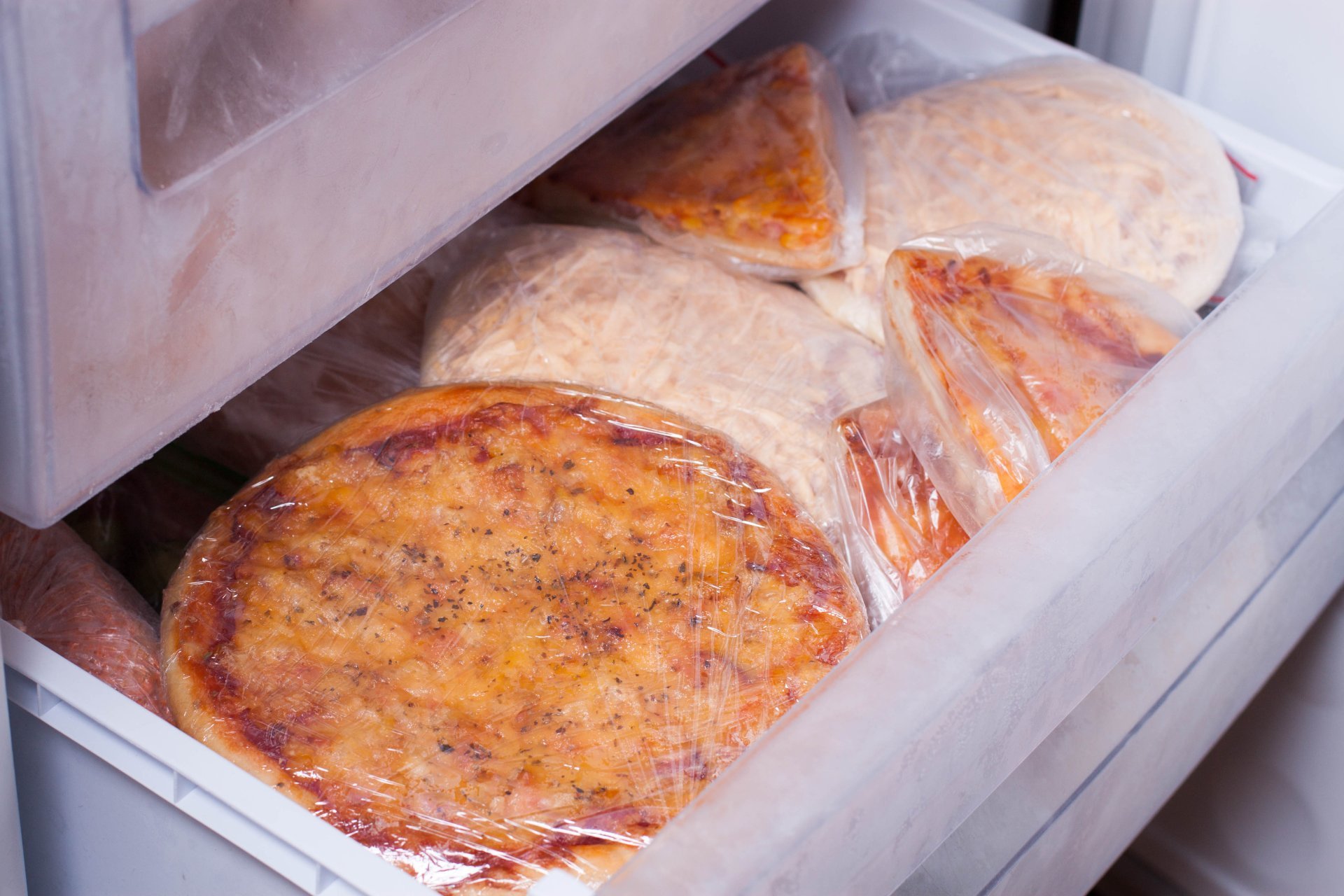


0 thoughts on “How Long Will Vacuum Sealed Meat Last In The Freezer”